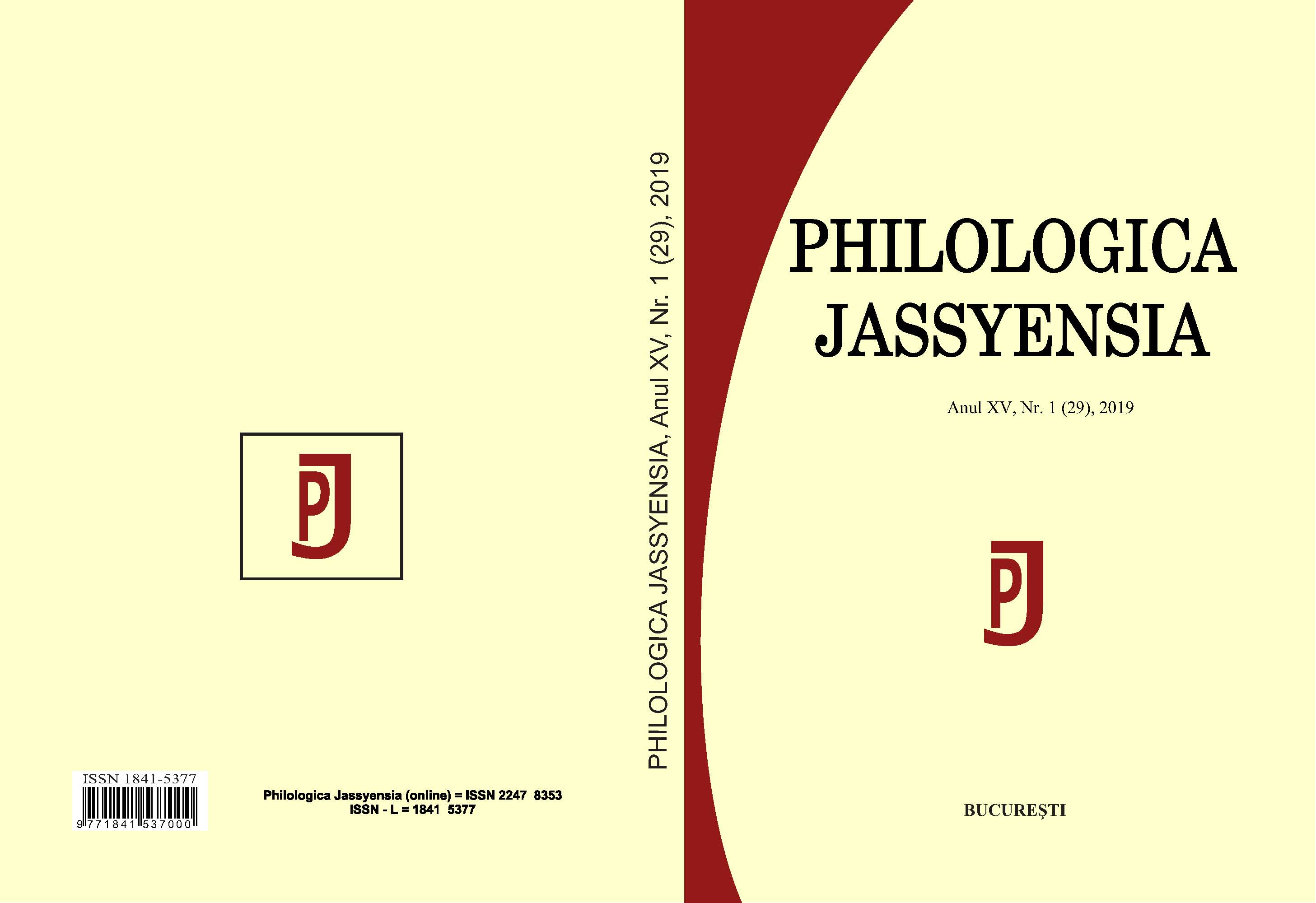Langues et politiques, des destins imbriqués mais distincts (II)
Languages and Policies, Intertwined but Distinct Paths (II)
Author(s): Christian TremblaySubject(s): Historical Linguistics
Published by: Editura Tracus Arte
Keywords: Latin; common languages; language equipment; literacy; education; international language; standardization; local language; regional languages; dialect; linguistic diversity; endangered languages; plur
Summary/Abstract: This study, the second chapter of which this article is, aims at disentangling the relationship between politics and languages and raises the question of to what extent and at what level it is possible to have a language policy and particularly a French language policy from a plurilingualism perspective. The bases of our argument is a comparative approach to the future of English and French. This approach is all the more legitimate since the two languages, despite the obvious supremacy of English, have some common characteristics as international languages. We like to point out that the French language is no longer the property of France. In fact, an objective look at nearly a millennium forces us to consider that the French language, which owes much to the French monarchy, has always had its own destiny, and there is no reason for this to change.Despite the disappearance of thousands of languages by the end of this century, the idea of a single language is likely to remain a myth. Economic and technological factors and cultural dynamics play a role in both diversification and unification. From this point of view, the Francophone space, capable of assuming its linguistic diversity, has a decisive role to play in future balances.
Journal: Philologica Jassyensia
- Issue Year: XV/2019
- Issue No: 1 (29)
- Page Range: 269-284
- Page Count: 16
- Language: French

